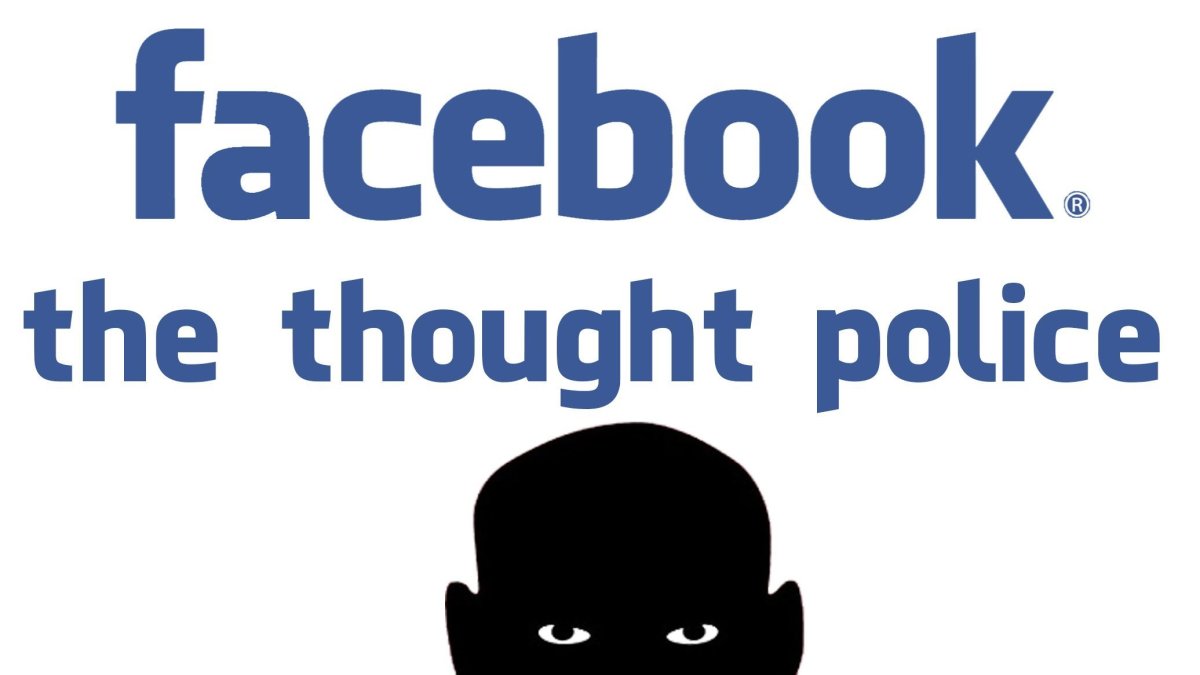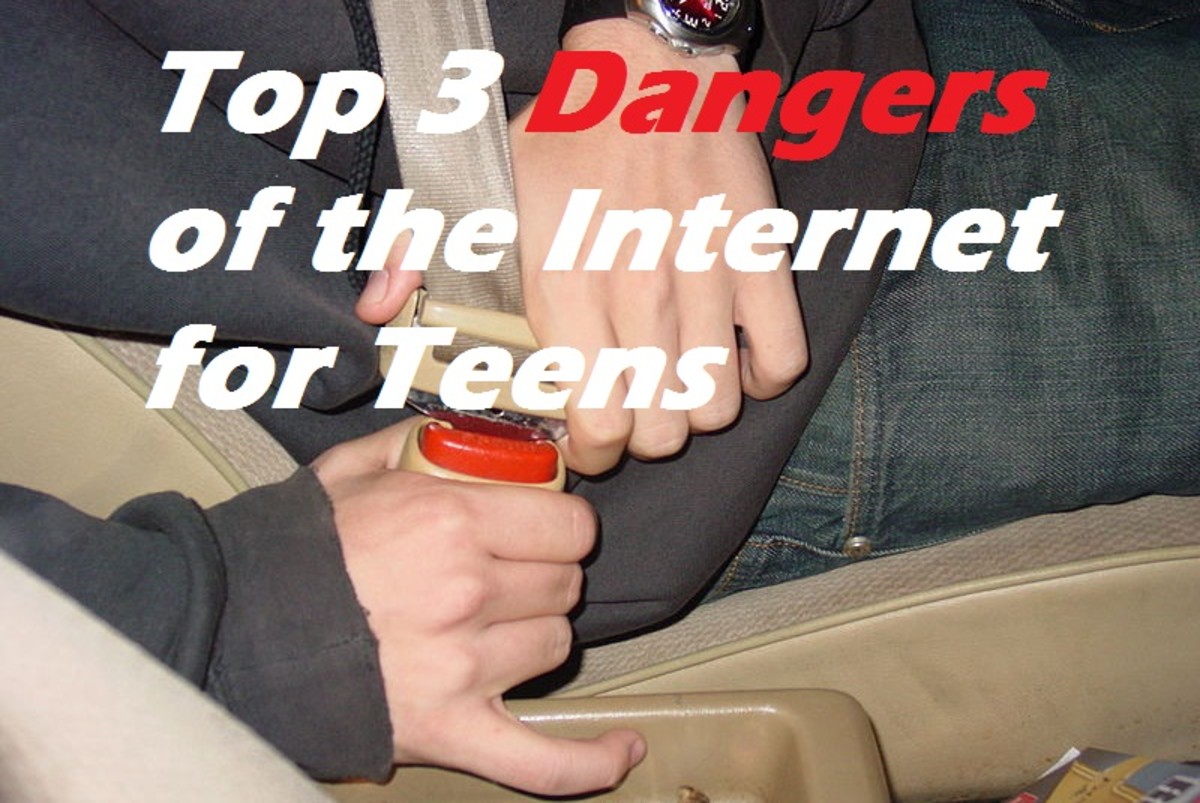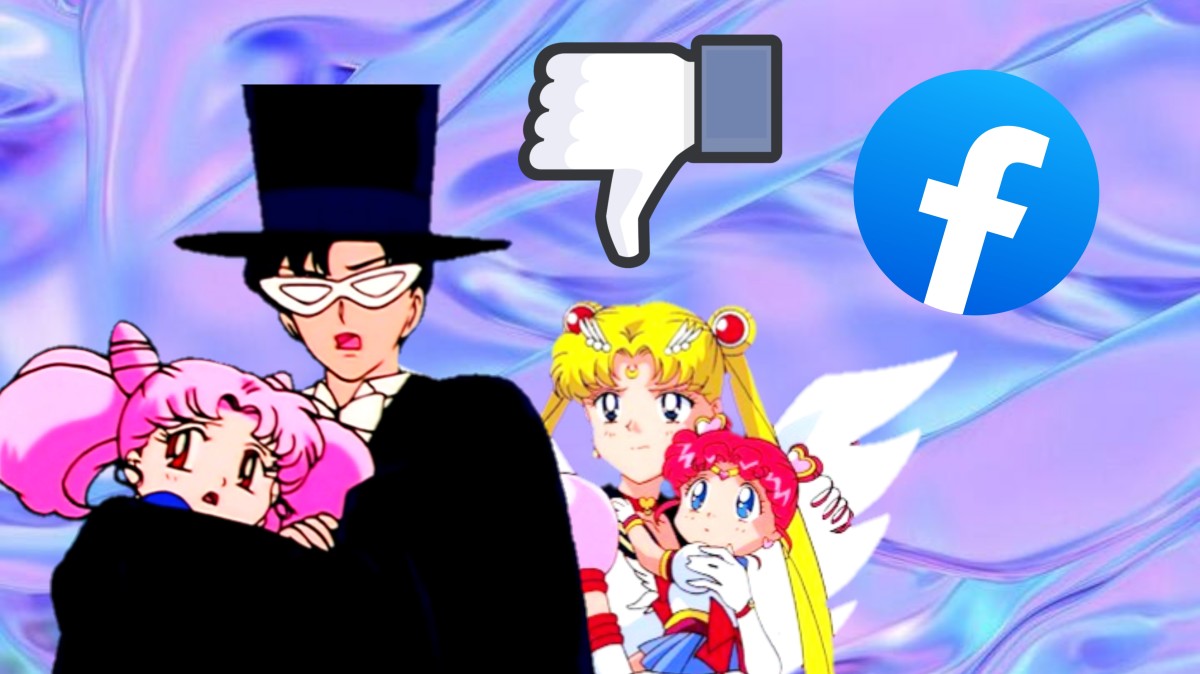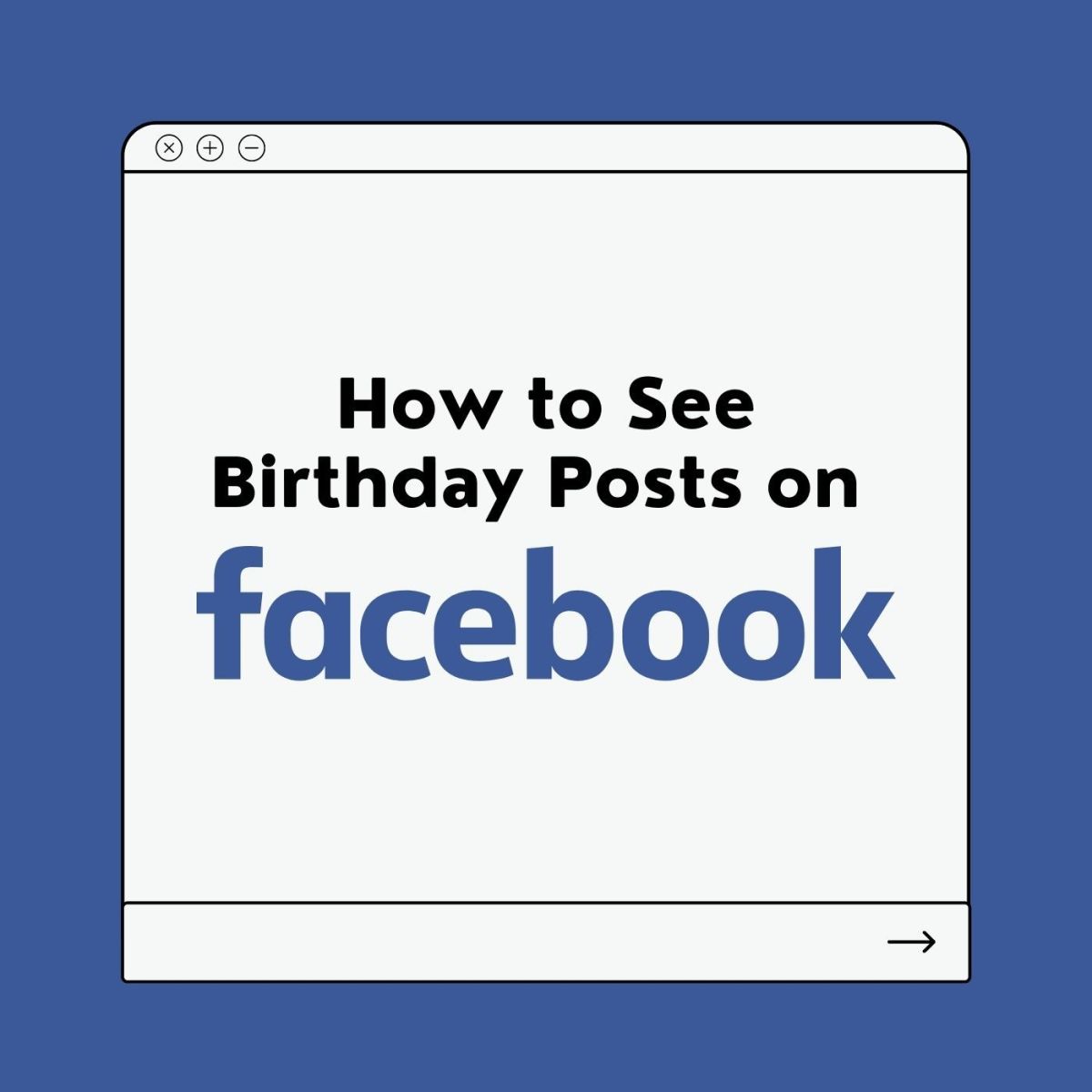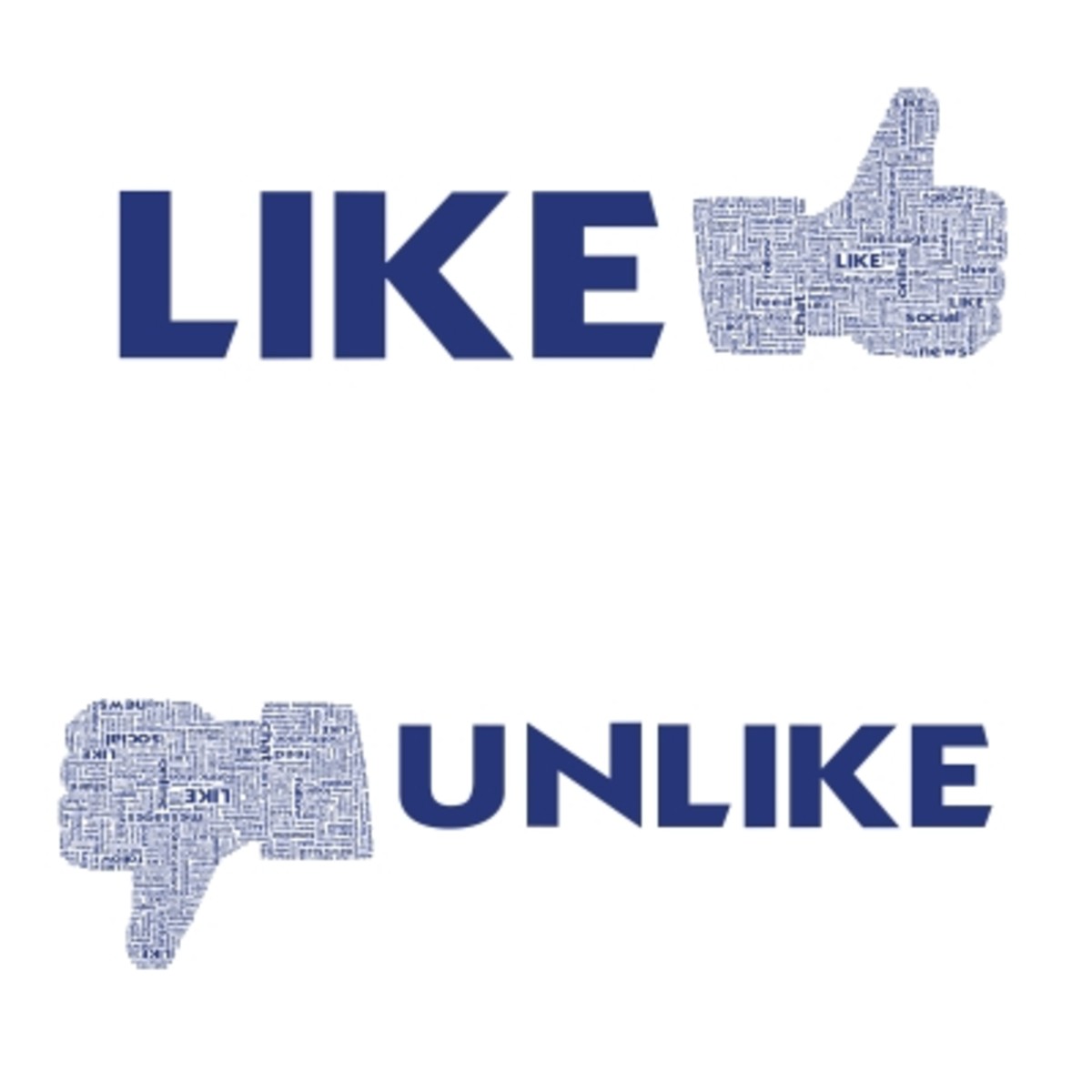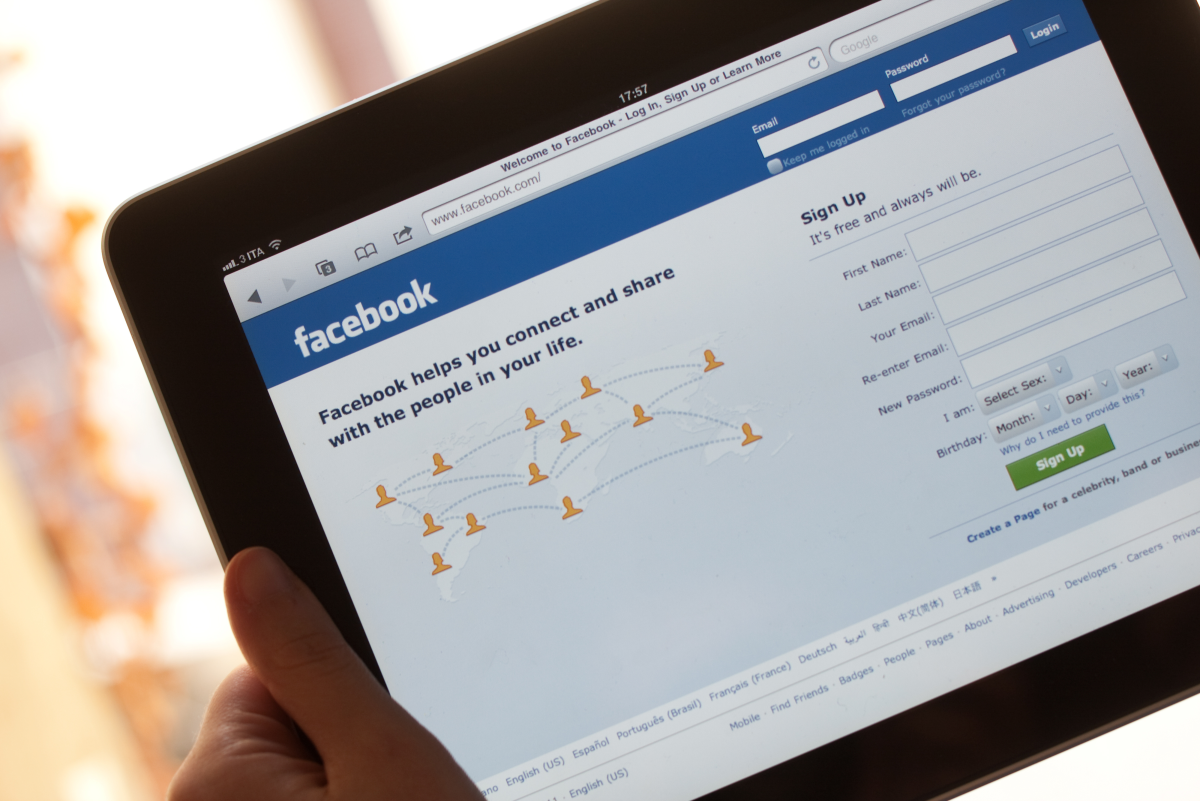- HubPages»
- Technology»
- Internet & the Web»
- Social Networking»
Facebook's Fake News Problem
Near the end of the heavily media driven Election 2016, mainstream national news outlets and small local outlets alike were constantly updating us with info about Clinton and Trump. It seemed like they were sending you news alerts on each time a presidential candidate would pass gas in public. Quite a few people, including me, caught a case of Political Fatigue as the press went psychotic over the election.
Besides the big three in cable news television, election news was constantly updated on the internet, both in print and on a live feeds. After the election was over, what became a hot news topic was the fake news problem that had surfaced via Facebook and Google. But what some people may not know is this false election news problem began some months before the election.
One of the major examples of the fake news problem stemmed from hacked emails from John Podesta, former Chairman of the Clinton campaign, which were released by WikiLeaks starting on the 7th of October and continuing until Election Day.

A couple of emails from Podesta's account triggered some false news. In one, Podesta forwarded an invitation to a “Spirit Cooking” dinner back in 2015. Sites such as InfoWars, Conservative Review, and USA Politics Today ran their own news stating that this was a satanic practice. Spirit Cooking was in fact created by artist Marina Abramovic and a good example of this can be seen in this video.
After watching this, I have to agree on how bizarre this is. I think I'd rather watch the bad ending in Majora's Mask instead.
You met with a terrible fate, haven't you?
Another example is Pizzagate, which claimed that John Podesta’s emails contained coded references to human trafficking. And as of December 2016, the story is making waves. Take a look:
- Pizzagate: Gunman fires in restaurant at centre of conspiracy - BBC News
A man is arrested after opening fire in a restaurant at the centre of a bizarre fake US election story.
So how do these fake news sites get out into the internet and get the exposure they get? Do these website creators have mad Web Development, Web Design and Journalism skills? How do they know the right channels to go through to get the hits and visits they generate?
When it comes to Web Development and Design, a good 98 percent of websites are NOT made from scratch. Many are made on WordPress, a software I use on most of my sites. WordPress is perhaps the best to use for news sites and blogs. It’s also highly useful for folks who have no or little experience in Web Development and Design.
I'm a web developer and if you want to use baseball's minor league system as an anology, I'm playing Short-A baseball. I have an account with a hosting company that gives me 5GB of space on the World Wide Web for $7 a month. So let's say I own a 5-story professional building and with three clients I have paying me $5 a month, and I have four news sites just making a few pennies a day with Google AdSense. So, I'm making $8 a month with 1.75 GB used, thus 2 stories are being used. I have plenty of room in the third, fourth and fifth floors.
Now, let's say a couple of guys named John and Jason give me a call with an interest in making their own website with the primary focus, as they say, conservative political news. John and Jason possess great journalism skills, however, the two are novice web developers and ask for my help.
I introduce them to WordPress where a little coding experience is all that is needed. I give them that plus up to .5GB (or 500 mb) of space for $5 a month. So, I give them half of the third floor and a printing press to go with the deal. Also, WordPress for them to login without any assistance from me. I’m effectively giving them their own keys to the building and their office.
A few months pass by with me checking out their site once in a while, but mainly checking if they haven't gone past their limit of 500MB. I notice on the stats that the site gets some traffic. After a few months, I begin to receive emails and phone calls from liberal groups about the content and falsehoods on Jason and John's website.
After hearing those complaints, it’s up to me to decide the fate for John and Jason's site within my host (or building). Of course, these fake news sites don't always go this way. For example, Jason and John could have met a web developer who is also a host and has a way to meet their needs, who might just have the same political views as them and a willingness to go along with the project.
So why do these fake news sites get popular? In today's world, most of us get our news from social media web sites and apps such as Facebook and Twitter. When promoting a news post on Facebook, before the big deal about fake news came up after the election, Facebook would give you the option to promote that piece of news with the link to the site, regardless if it was true or false.
Promoting that post costs money. You have options as to how many people will see the post (the more people you want to see it, the more it costs). Facebook also gives you the option to promote to specific people who may be interested in your post. So, if you’re a fake news site of a liberal interest and you want to bash Donald Trump, the interested parties would be liberals or the category: "I Hate Donald Trump."

When it comes to advertising, for most beginner sites, Google Adsense is the way to go, but there are plenty of alternatives in case Google finds out the news site in question promoting false information. There are other advertising sites that pay more, but only if your site has a set number of hits or visits. If John and Jason's site has 500,000 hits a month, they can get paid pretty well by some advertisers, regardless of the news site being fake, thus, bringing in the revenue.
Let's also not forget about how people became awfully emotional over this election. There were plenty of fights, arguments, harsh words exchanged between friends and family, and people just making an imaginary boundary line between themselves and the folks who supported the opposing candidate. In addition to that, a lot of money was made due to the election, whether it was a large media outlet or a fake news site.
I do have a few people in my social circle who believe that cable news networks are somehow controlled or infiltrated by the government. I'm unsure if they believe they are controlled 100 percent by some shady unknown government operation but, my opinion is that about 20% of it has some government influence. If anything, my Libertarian self would like to point out that MSNBC is very liberal, which was clear by their reaction by the election results.
The thing that bothers me is how emotional the average person got due to this election. I never got into a fight or serious argument in real life over the election. Yes, it was a topic of discussion at the bar with the guys and gals, but despite the disagreements, we didn't take our beer bottles and smash each other’s heads while screaming, "Take that you (opposing candidate) supporter."
However, with the internet, on the Saturday before the election, a show about the Jon Benet Ramsey murder was on A&E, along with the hashtag on Twitter. Some people began accusing Hillary Clinton or Donald Trump for the crime. Can you imagine being at the bar discussing that topic with your pals and one angrily says, "I'll tell you who killed JonBenet; it was Donald Trump!"
But then again, I’m guessing these folks on Twitter who accused the candidate they opposed for atrocities both recent and ages ago don't often go to bars or leave the house.
Finally, on the online network Twit and on the show This Week in Google episode 381, the great Leo Laporte suggested that the popularity of fake news was also due to our love for conspiracy theories. On the same network, on different show called Tech News Today episode 1653 the hosts Megan Morrone and Jason Howell discussed folks spending too much time on Twitter due to their unhappiness over the election results.
Also, Gavin McInnis had also said one could tell a news site is fake by the number of Twitter followers the site has.

The Internet is a great tool and most of us spend time on it for business or pleasure. We can play games, watch movies, read news and articles, etc. But to spend 12 hours a day in the basement in your 20s, 30s or even older to troll on Twitter, Facebook, YouTube or other social media outlets typing out your anger over an Election is psychotic.
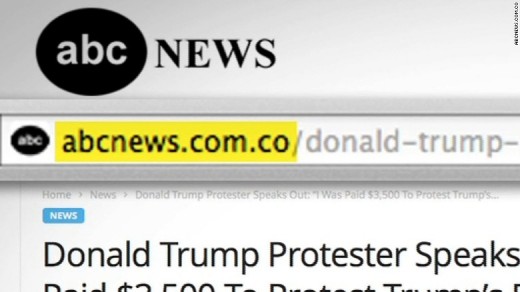
UPDATE!
15 Dec 2016: PBS Newshour had a segment of how Facebook will be dealing with the Fake News problem. Hari Sreenivasan (who has taken over for the late great Gwen Ifill RIP) and Slate's Will Oremus discuss how Facebook will tackle the problem.


